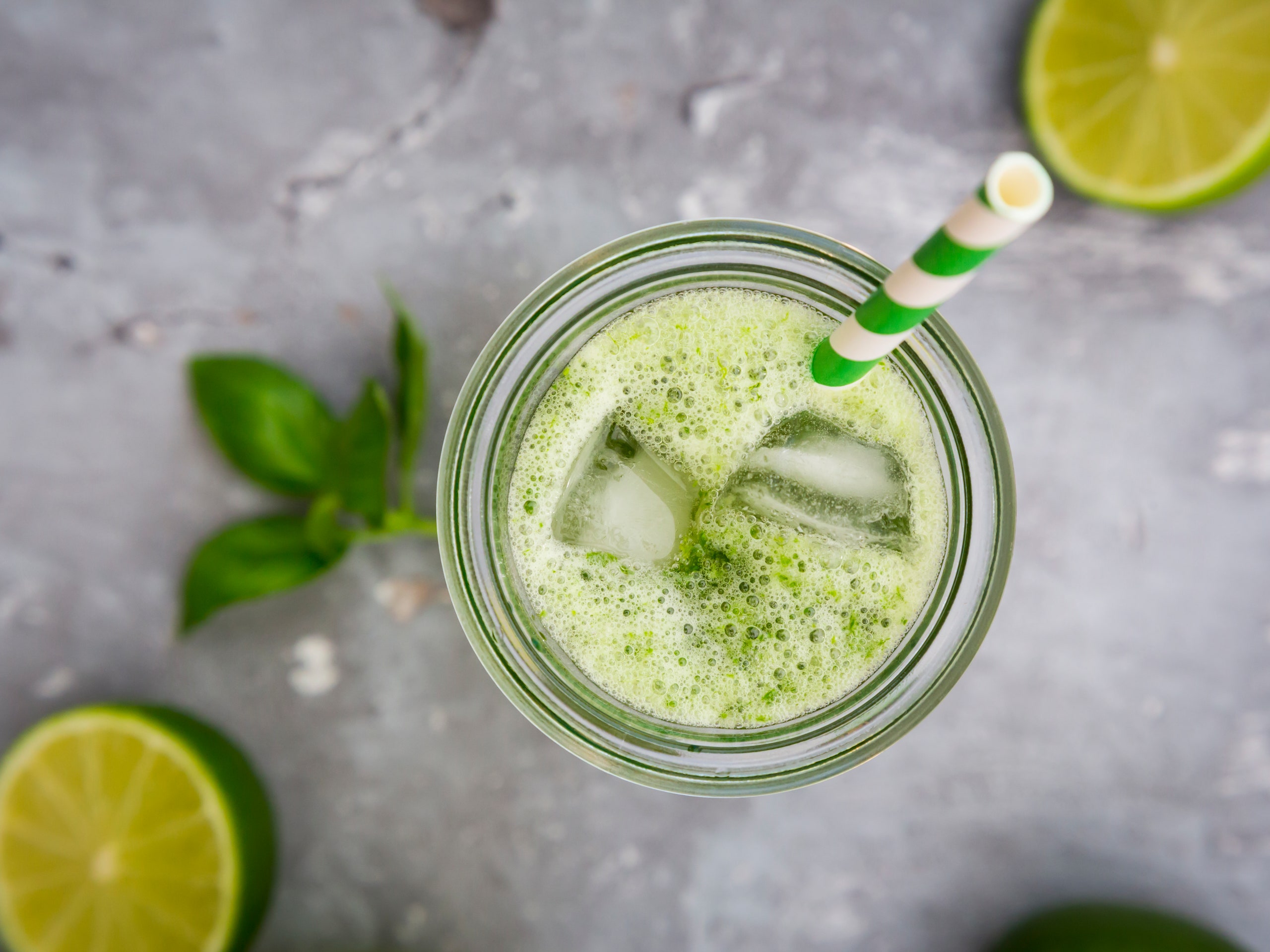Aloe Vera Benefits For Your Uterus

During pregnancy, it is important for women to be aware of the potential risks associated with consuming aloe vera, despite its many benefits. One concern is the presence of anthraquinone in aloe vera juice, which can cause uterine contractions and disrupt electrolyte balance in the intestines. It is recommended that expectant mothers consult with a healthcare professional before using aloe vera juice.
Symptoms of aloe vera allergies
Aloe vera is well-known for its many health benefits. It is used extensively in natural health industries as a digestive aid, and also has anti-inflammatory properties. It is also a good source of antioxidants. Aloe can cause contractions in the uterus and should be avoided by women who are pregnant or nursing. It can also cause irritation to the lining of your intestines, increasing the likelihood of miscarriage.
Some people are allergic to the latex in aloe vera, which comes from the plant’s skin. Most people don’t experience an allergic reaction to the latex if it is applied externally. Some people may also experience skin rashes or a burning sensation after consuming the gel. However, these reactions do not seem to be life-threatening.
Side effects of aloe vera consumption during pregnancy
Aloe Vera is rich in nutrients and has many beneficial properties for the body. It has anti-inflammatory, anti-allergic, moisturizing, and healing properties. It contains more than 75 compounds, including amino acids and vitamins, minerals, as well as enzymes. It can be used internally or externally. However, pregnant women should consult a doctor before consuming the plant.
There are several side effects to aloe vera during pregnancy. It can cause bloody diarrhea, stomach discomfort, and uterine cramps if taken in large amounts. Also, aloe latex has been linked to an increased risk of colorectal cancer. It can also cause liver inflammation.
Safety of Aloe vera during pregnancy
Although aloe is generally safe to use during pregnancy, there are certain precautions pregnant women should take. Aloe may interfere with a woman’s ability to regulate her blood glucose levels, causing an imbalance that can lead to hypoglycemia. It can also cause allergic reactions in women who are allergic to plants in the Liliaceae family. These symptoms can include rashes, itchy skin, or chest tightness. For this reason, it’s best to limit aloe’s use to topical solutions during pregnancy.
Pregnant women should avoid drinking aloe juice, which is made from pasteurized aloe gel. Aloe vera juice should only be consumed after consulting a doctor. Aloe vera juice is a healthy drink for both mothers and their babies. It is low in calories and sugar, making it low-calorie and nutritious.
Aloe vera’s effect on uterine contractions
While the effects of aloe vera on uterine contractions during pregnancy are relatively small, pregnant women should exercise caution before consuming it. It has the potential to stimulate uterine contractions, which can increase the risk of early labor or miscarriage. It is also not recommended for use by breastfeeding mothers, since the aloin in aloe may cause diarrhea and electrolyte loss.
While aloe vera may seem like a natural remedy for uterine contractions, some side effects include diarrhea and abdominal pain. Aloe vera can cause dehydration if taken in large amounts. Additionally, pregnant women should avoid taking aloe juice, as it can stimulate uterine contractions and complicate delivery.
Hi, I’m Alexander. I’m a vegan of over 20 years, and I initially made the switch for health reasons. However, as time went on, I became more and more passionate about the ethical and environmental implications of leading a vegan lifestyle.
I am the author of The Graceful Kitchen, a vegan blog where I share recipes for delicious and nutritious vegan meals. As someone who is deeply committed to living a cruelty-free life, I am also a strong advocate for using whole foods as the foundation of a healthy diet – and believe that going vegan is one of the best ways to achieve this.
















